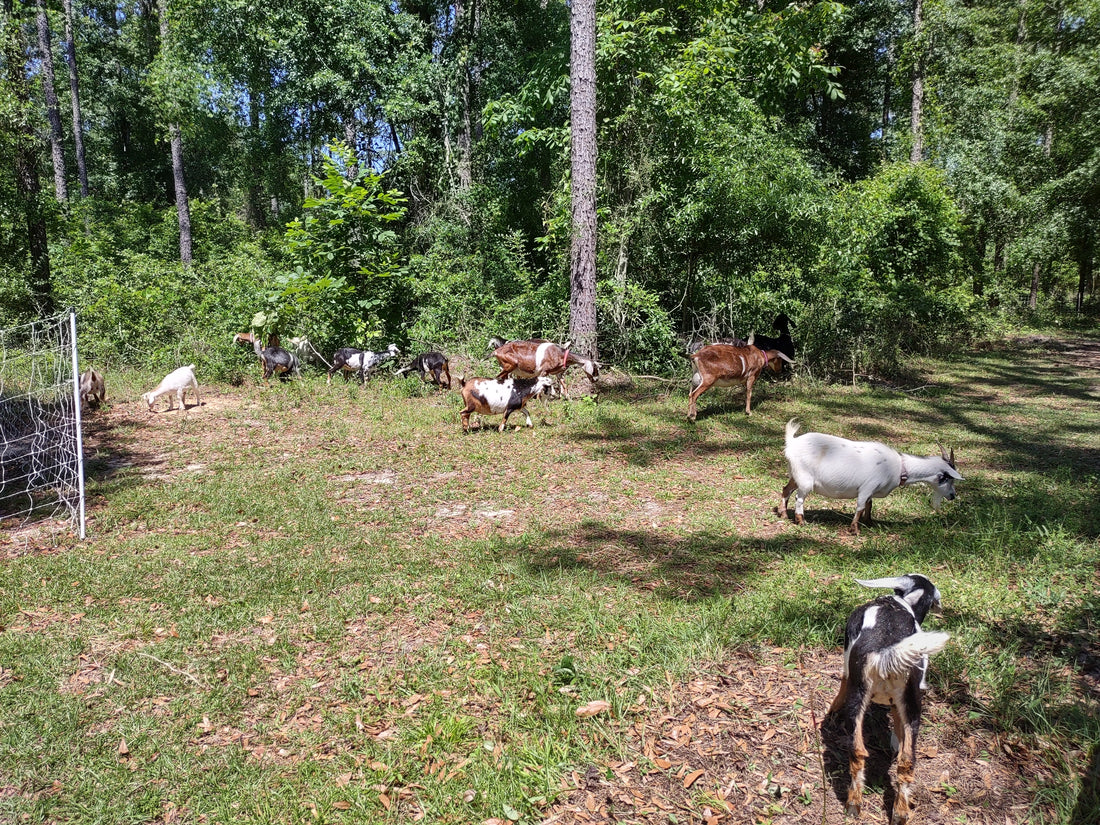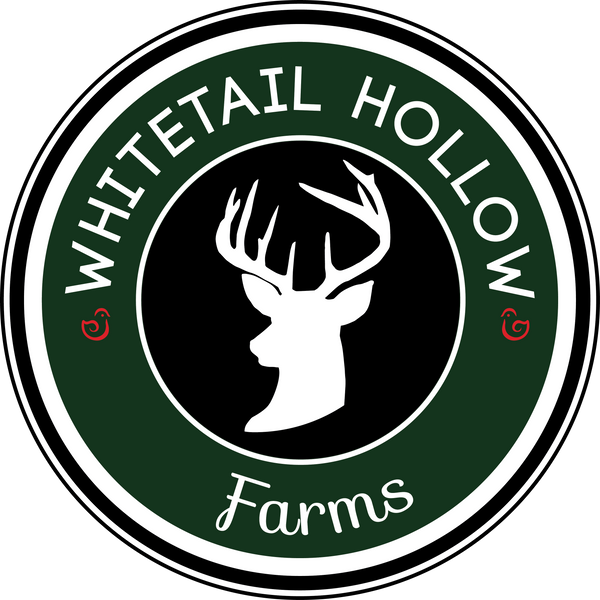
Cultivating Sustainability: The Beauty of Small-Scale Permaculture Farming
Share
In a world marked by industrial agriculture and its ecological consequences, small-scale permaculture farming stands as a beacon of hope. This sustainable and regenerative approach to farming, which incorporates principles from permaculture design, brings about a harmonious coexistence between human cultivation and nature's cycles. In this blog post, we will delve into the world of small-scale permaculture farming, exploring its principles, benefits, and how it's changing the landscape of agriculture.

What is Permaculture Farming?
Permaculture, a portmanteau of "permanent" and "agriculture," is more than just a method of farming; it's a holistic approach to designing systems that mimic natural ecosystems. Permaculture principles encourage sustainability, self-sufficiency, and resilience. At the heart of permaculture is the idea of working with nature, rather than against it, to create thriving, regenerative food systems.
The Key Principles of Small-Scale Permaculture Farming
-
Observation: Permaculture starts with keen observation of the land, its natural patterns, and the resources available. By understanding the environment, farmers can design systems that maximize efficiency and sustainability.
-
Diversity: Biodiversity is a cornerstone of permaculture farming. By cultivating a wide variety of crops, farmers create resilient ecosystems that are more resistant to pests and diseases.
-
No Waste: Permaculture emphasizes minimizing waste and maximizing resource use. Composting, recycling, and reusing materials are central to this principle.
-
Energy Efficiency: The design of permaculture farms aims to minimize energy inputs and maximize outputs. This can be achieved by placing elements in a way that optimizes energy flow and by using renewable energy sources.
-
Water Management: Effective water management, including rainwater harvesting and efficient irrigation systems, is critical to permaculture farming, especially in arid regions.
-
Zones and Sectors: Permaculture designs are organized into zones based on frequency of use and sectors based on external influences like sunlight and wind. This zoning system helps farmers plan the layout of their farms for maximum efficiency.

Benefits of Small-Scale Permaculture Farming
-
Environmental Sustainability: Permaculture farming practices minimize soil erosion, promote biodiversity, and reduce the need for synthetic chemicals, making it an environmentally friendly option.
-
Food Security: By diversifying crops and using regenerative practices, permaculture farms are often more resilient to climate change and other disruptions, contributing to food security.
-
Healthy Soil: Practices like no-till farming, mulching, and composting improve soil health and fertility over time, ensuring sustainable yields.
-
Local and Sustainable Economies: Small-scale permaculture farms often sell their products locally, supporting local economies and reducing the carbon footprint associated with long-distance food transportation.
-
Community Building: Permaculture encourages community involvement and knowledge sharing, fostering a sense of belonging and cooperation among farmers.

How Small-Scale Permaculture is Changing Agriculture
Small-scale permaculture farming is not just a farming method; it's a movement. As more people recognize the importance of sustainable agriculture, there is a growing interest in permaculture practices. This shift is leading to the rejuvenation of small, family-owned farms and the development of local food networks.
In conclusion, small-scale permaculture farming offers a promising alternative to conventional agriculture, one that is in harmony with nature and promotes long-term sustainability. As more individuals and communities embrace permaculture principles, we can look forward to a future where our food systems are not only productive but also regenerative, environmentally responsible, and deeply connected to the land. Small-scale permaculture farming is not just a way of growing food; it's a way of nurturing the planet for generations to come.
